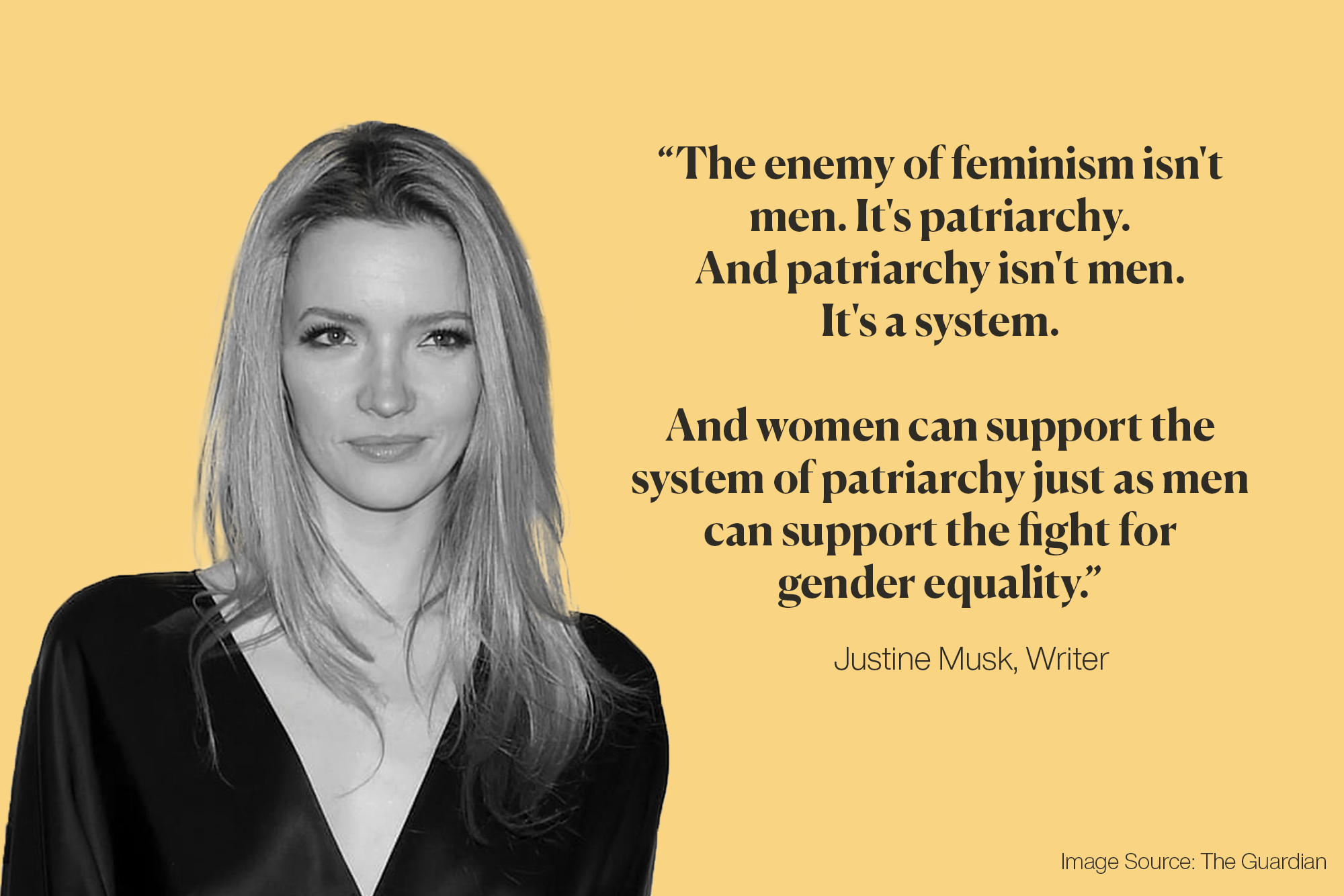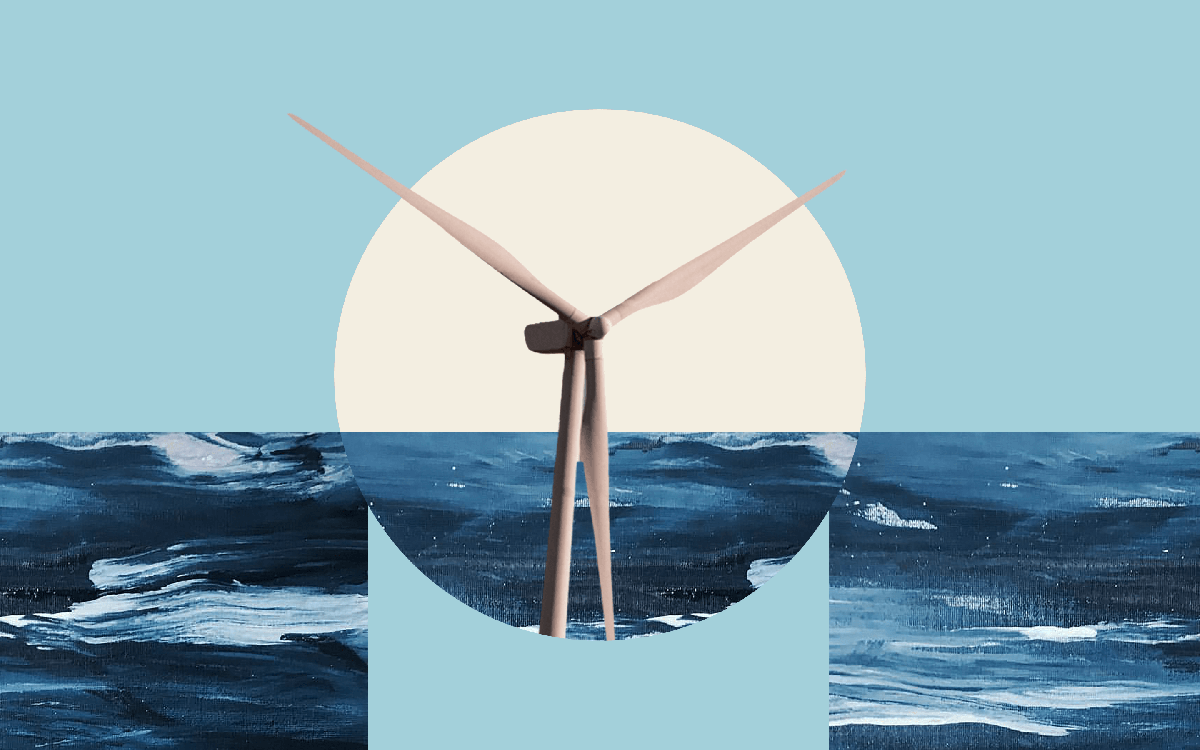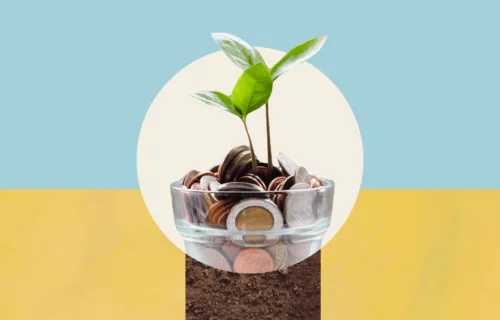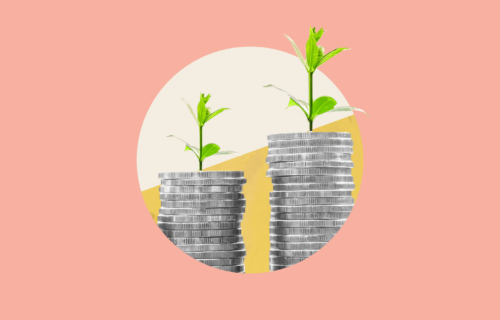By Inyova Yellow initiator Mette Rotbøll.
Have you ever asked yourself what the world would look like if female decision-makers controlled asset allocations – be they in financial, human or natural capital?
Remember Christine Lagarde in 2008, and she recently repeated the assessment: ‘As I have said many times, if it had been Lehman Sisters rather than Lehman Brothers, the world might well look a lot different today.’
She is too right! However, even with UN General-Secretary, António Gutteres declaring himself a proud feminist, we have a way to go:
‘Women in climate is definitely a new topic,’ says Samantha Harris, manager at US-based climate NGO BSR and author of a 2018 report on the business case for addressing climate change through strategies to empower women. It seems something has been missing from many private and public sector strategies to take action against climate change.
Gender equality is a significant focus area for the Sustainable Development Goals (SDGs), with UN Women confirming that measures to promote gender equality have a multiplier effect across the SDGs. In fact, their report shows that gender equality can help accelerate progress toward reaching all 17 United Nations Goals – from curbing poverty to improving access to education.
In short, all the SDGs depend on the achievement of Goal 5 – Gender Equality and Women’s Empowerment.
Women are the key and are leading on climate action
I can tell you about the knowledge, experience and downright persistence grass-root women stand for. Adding stories about how these women have accumulated all this as farmers, business owners, factory workers, caregivers, mothers and wives while bearing the brunt of climate change.
They are tackling problems at their root cause, using an intersectional approach to understanding the interconnected nature of all of the world’s most intractable problems, including poverty, poor health, reduced access to education, clean water and sanitation, and climate change. Problem-solving skills we so desperately need!
Though this explains so much, it is not what I am here for today.
I cannot imagine humanity achieving any SDGs without the world first achieving better gender balance in the business world and embracing more feminine decision-making power. So have no doubt: We need more women in decision-making roles at all levels of society. That includes, but is certainly not limited to, the private sector.
As a significant cause of CO2-emissions, the corporate world has a fundamental responsibility to make the changes needed. Reducing this enormous climate impact is a question of leadership and decision-making, and means taking action to eradicate the negative consequences spread by their current existence. Vital, not only for the companies themselves but for employees, their families, whole communities, countries and consequently, our planet.
Emmanuel Macron, President of France, articulated it nicely: ‘A business is not simply a place for making profits for shareholders, but a place to meet the modern challenges of climate change, gender equality, inequality and shared values.’
We need a system change!
This predicament is not going to resolve itself. We all need to make some clear choices and act upon them.
Do we aim to adhere to a system of extractive finance, where more value is removed than returned to any given asset? (The definitive characteristic of unsustainable behaviour and the reason for the climate crisis we have gotten ourselves into.) Or not?
Let’s agree we intend to stick to the latter!
Bloomberg Opinion noted last week that ‘Young startups and old giants alike are finding out that willingness to change can mean the difference between survival and extinction’.
Change is in the air. Sometimes you can nearly grasp it. Slowly but surely. The question is, are we moving too slowly to turn the climate crisis-tide?
What we need are influential decision-makers with a caring, inclusive, long term way of thinking, considering consequences before allocating assets in any given direction. These characteristics are stereotypically seen to belong to a feminine form of thinking.
It is not a ‘men against women’ battle. Balanced leadership is an urgent prerequisite for positive, sustainable business development. It is the means to get out of the mess we are in – now!

The theme of this year’s World Economic Forum is #BalanceforBetter – encapsulating the idea that a gender-balanced world benefits everyone, economically and socially. So it’s up to everyone, men and women, to make it happen.
Today the topic is also ‘What can I do?’
‘Vote’ with your money! Choose to purchase from and invest in companies putting people first by removing barriers to building our future on a level playing field. McKinsey delivers white-papers with insight on exactly those topics.
Katja Iversen, the President of advocacy organisation Women Deliver, once said: “Time and again, data has shown that when women have equal rights and lead healthy lives, individuals, communities and nations thrive. If we fail to invest in women now, we risk losing more ground”. She couldn’t be more right!



